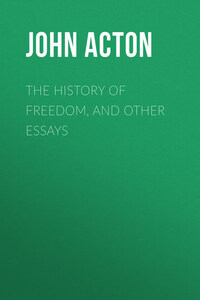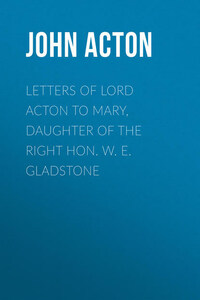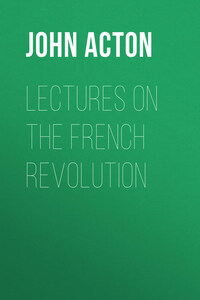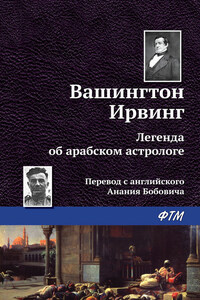The History of Freedom, and Other Essays

Книга "The History of Freedom, and Other Essays", автором которой является John Acton, представляет собой захватывающую работу в жанре Историческая литература. В этом произведении автор рассказывает увлекательную историю, которая не оставит равнодушными читателей.
Автор мастерски воссоздает атмосферу напряженности и интриги, погружая читателя в мир загадок и тайн, который скрывается за хрупкой поверхностью обыденности. С прекрасным чувством языка и виртуозностью сюжетного развития, John Acton позволяет читателю погрузиться в сложные эмоциональные переживания героев и проникнуться их судьбами. Acton настолько живо и точно передает неповторимые нюансы человеческой психологии, что каждая страница книги становится путешествием в глубины человеческой души.
"The History of Freedom, and Other Essays" - это не только захватывающая история, но и искусство, проникнутое глубокими мыслями и философскими размышлениями. Это произведение призвано вызвать у читателя эмоциональные отклики, задуматься о важных жизненных вопросах и открыть новые горизонты восприятия мира.









